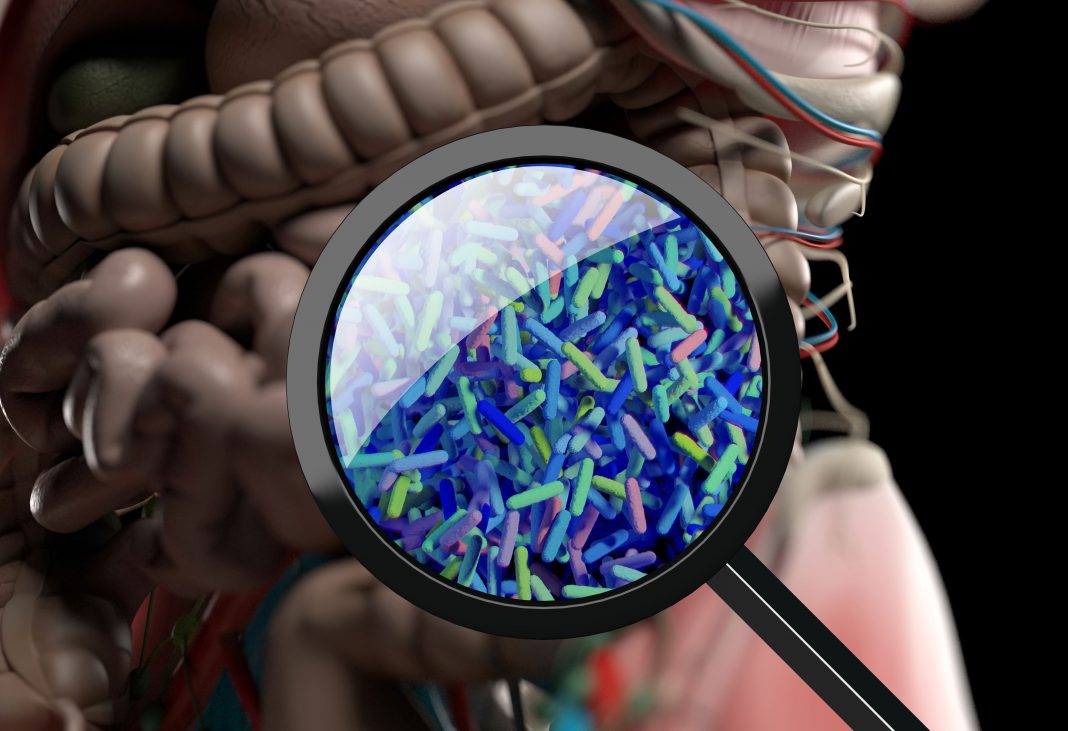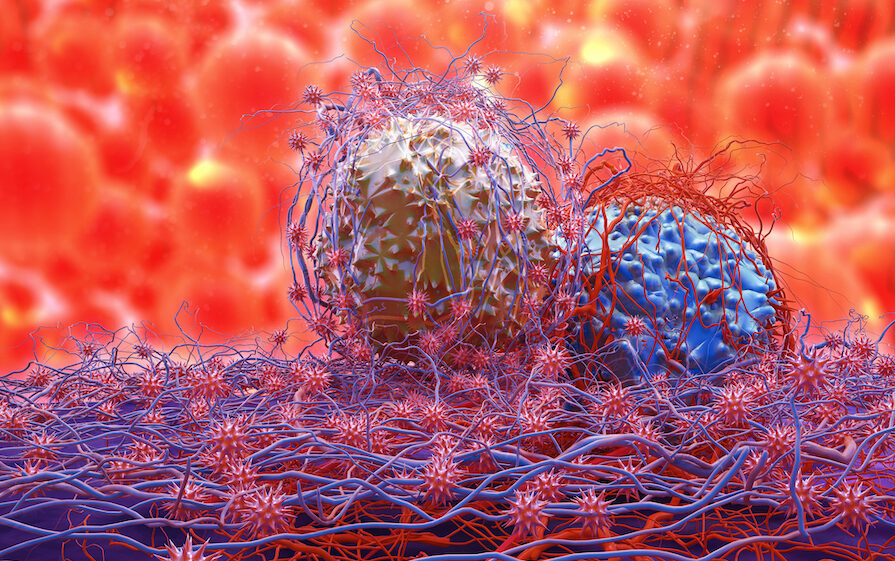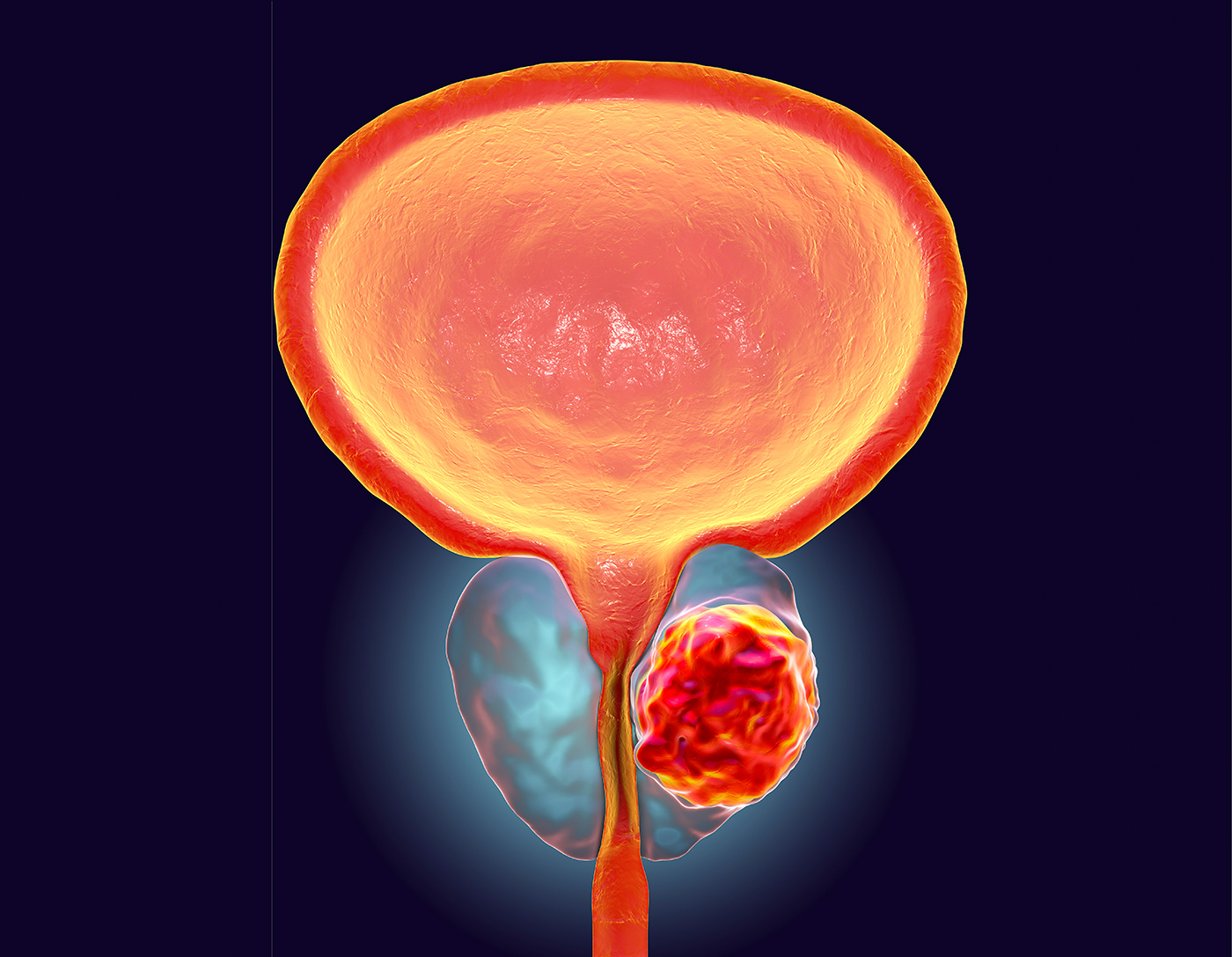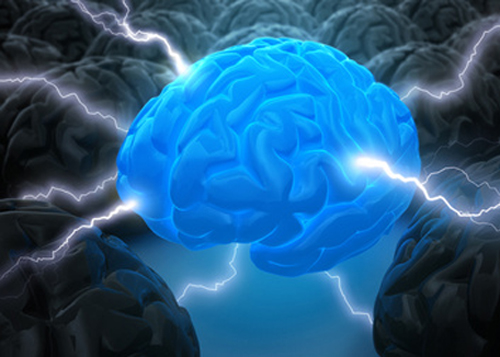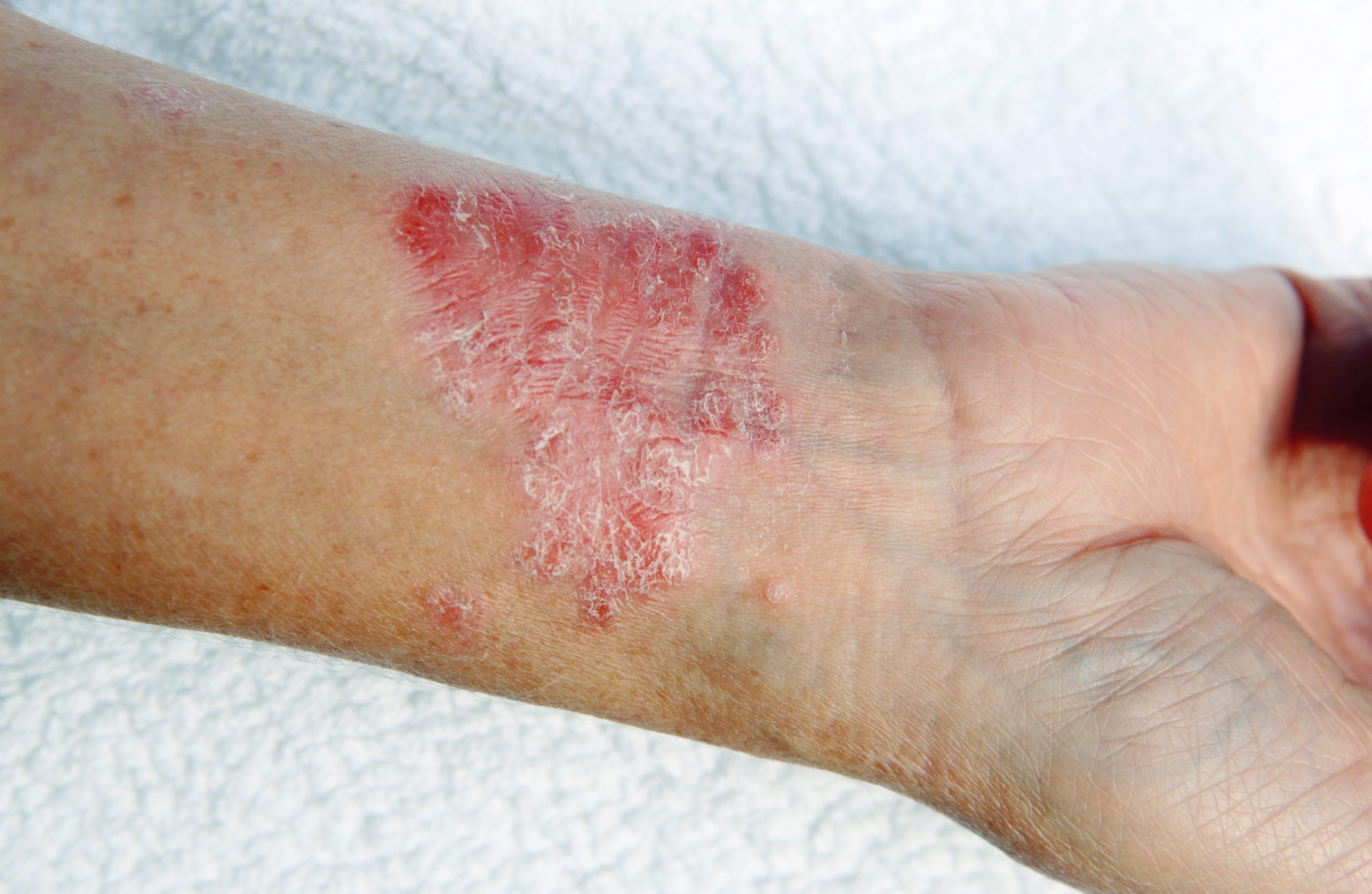Bone-Enhancing Peptide Shows Promise as Therapeutic for Osteoporosis and MSK Disorders
Studies by University of Birmingham researchers suggest that a naturally occurring peptide known as PEPITEM (Peptide Inhibitor of Trans-Endothelial Migration), could represent a promising potential therapeutic for osteoporosis and other disorders that feature bone loss, and offer distinct advantages compared with existing drugs. PEPITEM was first identified in 2015 by University of Birmingham researchers. The …


